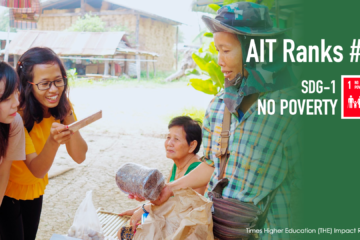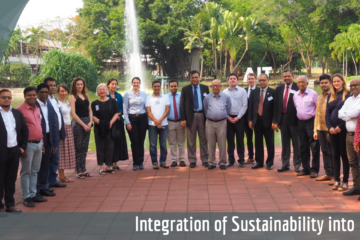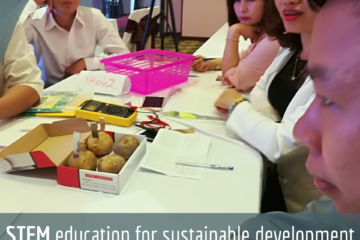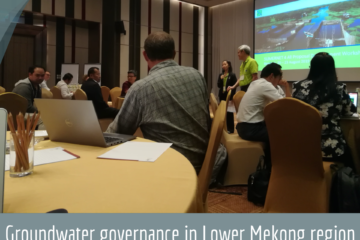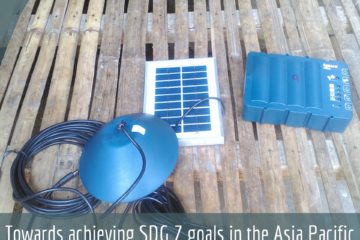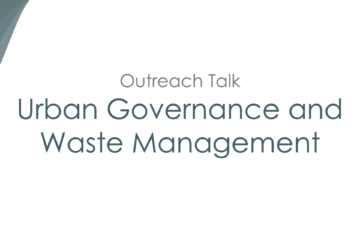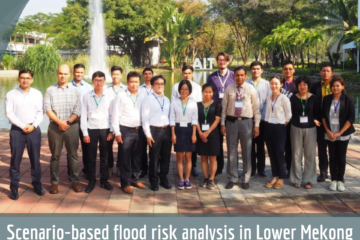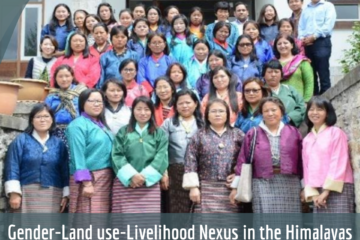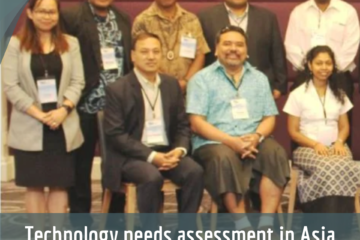Groundwater plays a crucial role in the water security, poverty reduction and sustainable development of the Mekong region. However, in many countries either the groundwater is under-utilized or over exploited and at the same time affected by multiple stresses such as rapid urbanization, population growth, climate change and climate variability. Lack of good groundwater governance, absence of groundwater policies and laws, groundwater institutions, stakeholders’ participation and fragmented groundwater management with other aspects of socio-economic developments led to unsustainable management of groundwater in the Mekong region. The unsustainable management groundwater in the region, especially in rapidly urbanizing areas bring conflict among different sectors and vulnerable population such as poor, marginalized and ethnic people. Therefore, this project aims to evaluate the current state of groundwater governance in the region and recommend ways to improve or strengthen the groundwater governance based on evidence-based understanding of groundwater availability, its use and potential conflicts under multiple stresses in the future. The project is implemented through four case studies in Thailand, Vietnam, Cambodia and Laos.
Keywords water insecurity, human rights, conflict sensitivity, groundwater institutional and policy framework
(more…) 